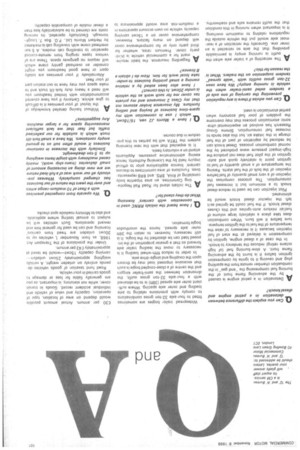Q Can you explain the difference between detonation in a petrol engine and diesel knock?
Page 103

If you've noticed an error in this article please click here to report it so we can fix it.
ADetonation in a petrol engine is caused by the advancing flame front of the burning fuel compressing the -end gas" in the combustion chamber remote from the sparking plug and causing it to ignite by compression ignition before it is burnt by the advancing flame front. A slow-burning fuel {of high octane rating) reduces the tendency to knock.
In the case of a diesel engine, ignition by compression is delayed at the start of fuel injection because it is necessary to' raise the temperature of the fuel to the ignition temperature before it will burn. When combustion does take place a relatively large volume of fuel/air mixture auto-ignites and this dauses diesel knock. If the fuel could be ignited as it left the injector diesel knock would be eliminated.
Pilot injection can be used to reduce diesel knock to a minimum but it increases fuel consumption. The process comprises the injection of a very small quantity of fuel before injection of the bulk of the fuel starts. Raising the temperature of a small quantity of fuel to ignition point is relatively quick and autoignition of the pilot fuel does not produce the high-impact pressure wave produced by the normal combustion process. Diesel knock can be reduced by aspiration of part of the fuel charge in the intake air, but this also tends to increase fuel consumption. Simms Group Research has evolved an experimental ultrasonic atomization process that may overcome the problem of poor fuel economy when partial atomization is used.




























































































































































